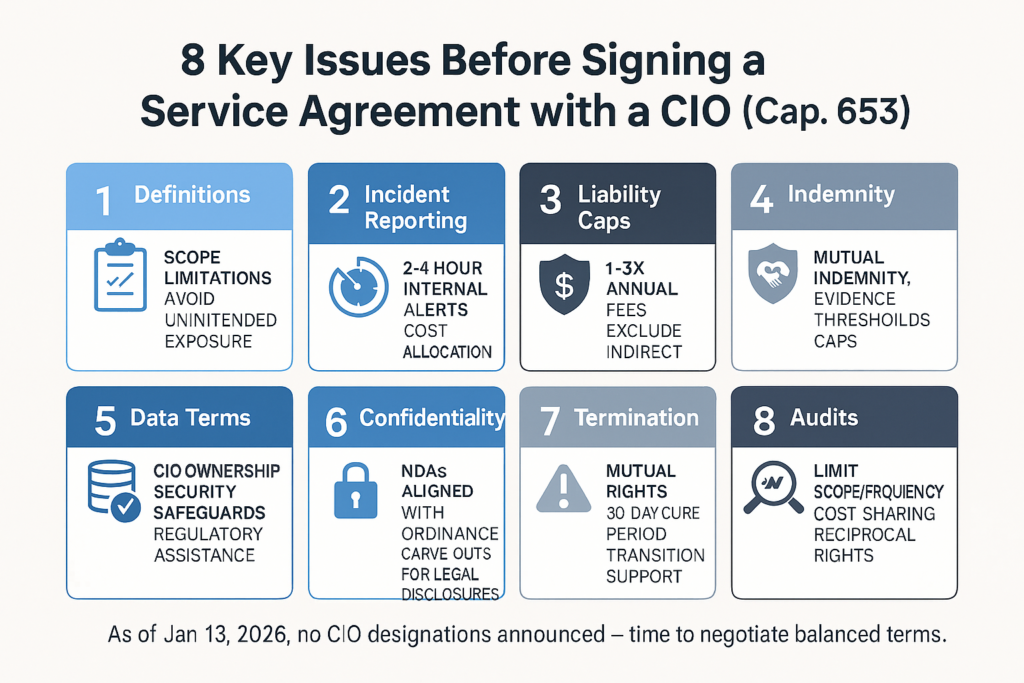Employee termination is not uncommon during economic downturn or group restructuring. The termination payments or the compensation packages, especially for top executives or senior employees, often consist of many components such as salaries, gratuities, discretionary bonuses, golden handshakes, settlement sum for the employment dispute. Given the diversified nature of the compensation components, it might not be easy to identify which part of entire package is taxable and which is not under the definition of section 8(1) of the Inland Revenue Ordinance, Cap. 112 (“IRO”).
As a starting point, the IRO provides that only income earned in the course of employment is chargeable to salaries tax. It is however not always easy to determine which compensation component has direct corelation to the employment and which is not. The precedent case, Fuchs v Commissioner of Inland Revenue [2011] 14 HKCFAR 74, offers some guidance on this issue. The Court ruled in Fuchs that what an employee received in satisfaction of his rights under his contract of service was taxable, while what he received in abrogation of his rights under the contract was not taxable.
The Court of Final Appeal has reaffirmed such position in its recent decision in Commissioner of Inland Revenue v Poon Cho Ming, John [2019] HKCFA 38 whereby it was held that rewards for past services and inducements to enter into employment and providing future services are chargeable under the said provision, whereas payment which were for something else were not chargeable. This article seeks to discuss the legal principles concerning the subject matter and how unnecessary dispute could be avoided.
A. Brief facts in Poon Cho-Ming case
The Respondent Taxpayer (‘Respondent’) was employed as a director of the Company pursuant to a written employment contract dated 20 October 1999 (‘Service Agreement’). In July 2008, his employment was abruptly terminated without cause. The Respondent and the Company entered into negotiations, with legal representatives on both sides, which resulted in a separation agreement dated 20 July 2008 (‘Separation Agreement’) to terminate the employment on the same day.
During the employment, the Respondent was eligible to be considered for a discretionary bonus and for the grant of unvested share options under an employee’s shares option scheme. Under the scheme, Options granted in one year would vest, provided the Respondent was still employed by the company, in annual tranches over the following 5 years.
After the termination of his employment, the Respondent received payments and benefits from the Company and were taxed by the Commissioner of Inland Revenue. The items that were in disputes are as follows.
- EUR500,000 provided for under the Separation Agreement, labelled as a ‘payment in lieu of a discretionary bonus’ (‘Sum D’); and
- the amount derived from the exercise of the Respondent’s share options which the Company agreed under the Separation Agreement to vest on an accelerated basis (‘Share Option Gain’).
The Commissioner of Inland Revenue, the Board of Review and the Court of First Instance considered and ruled that the above sums constituted income ‘from’ the Respondent’s employment and were therefore chargeable to Salaries Tax under section 8(1) of the IRO.
The Respondent appealed to the Court of Appeal which overturned the CFI’s decision. The Court of Final Appeal upheld the decision of the Court of Appeal and unanimously decided that the above sums were ‘for something else’ and were not therefore taxable under section 8(1) of the IRO.
B. The relevant legal principles
The ‘operative test’ is succinctly summarized by Ribeiro PJ in Fuchs (at para 22).
In short, the question that needs to be asked is: ‘in the light of the terms on which the taxpayer was employed and the circumstance of the termination, what, in substance not form, the sum and benefits is for?’
If the purpose or nature of the payment constitutes income from employment, the payment is taxable under s.8(1) IRO, as illustrated in the table below.
| Purpose or nature of the payment | Income from employment (s. 8(1) IRO) | Taxability | |
| 1 | ‘acting as or being an employee’ | Yes | Yes |
| 2 | ‘as a reward for past service’ | Yes | Yes |
| 3 | ‘as an inducement to enter employment or for future services’ | Yes | Yes |
| 4 | ‘for something else’ | No | No |
C. Application of the test to the facts of Poon Cho-Ming Case
In Poon Cho-Ming case, the IRD was of the view that both Sum D (i.e. the payment in lieu of discretionary bonus) and Share Option Gain were employment income because “discretionary bonus” was employment performance-linked and Share Option Gain was derived from employee benefit scheme.
The Court, however, was of the view that both Sum D and Share Option Gain were not Respondent’s entitlement under the terms of the Service Agreement, nor had he any accrued rights on his termination which he could enforce at law in relation to them.
Although Sum D was described as a substitution of the discretionary bonus, the Court preferred substance over form. The Court analysed the facts and found that Sum D is, in substance, materially different from the discretionary bonus, in term of their purpose and nature. The amount of Sum D was arrived arbitrarily by way of negotiation between the Respondent and the CEO of the company, without reference to the performance of the Respondent and other considerations or procedure which would have been relevant in determining discretionary bonus in the Company.
The Court also found that the accelerated vesting of the share options under the Separation Agreement constituted a new right. With regard to the terms of the Grant Letters, the Court found that the original right was plainly not exercisable on the separation date and would have lapsed if the Respondent was no longer an employee of the Company. The new right under the Separation Agreement replaced the original right under the Service Agreement, allowing the Respondent to exercise the share options within 3 months from the separation date when he was no longer an employee of the Company.
The Court of Appeal concluded (and the CFA agreed) that the purpose of Sum D and Share Option Gain were for something else. The aforesaid benefits were found to be the consideration for the Respondent Taxpayer agreeing to:-
- ‘go quietly’ with a joint announcement that he had ‘resigned’ to mitigate adverse market reaction;
- additional post-employment covenants in the Separation Agreement which created new obligations on him; and
- settle or abrogate any and all claims which he might have against the Company arising from the termination of his employment.
D. Insight from Poon Cho-Ming case
The CFA’s decision in Poon Cho-Ming has reaffirmed the orthodox position as set down in precedents. However, the application of the legal principles is not a straightforward exercise. Detailed analysis of the facts in each case is required. How the termination letter or the separation agreement is crafted and the wordings therein could lead to unnecessary confusion and debate.
To avoid the hassle of litigation, the employers and/or taxpayers should involve legal representatives in the early stage of termination process. A well-structured termination package, careful drafting of agreements as well as appropriate responses to the Authorities will help reflect the true intent and nature of the termination payment and save taxpayers from unnecessary tax exposure.
Our firm has extensive experience in advising on employment-related matters and on tax advisory matters. If you have any question regarding the topic discussed above, please contact our partner Anna Chan at anna.chan@oln-law.com for further assistance.
Disclaimer: This article is for reference only. Nothing herein shall be construed as Hong Kong legal advice or any legal advice for that matter to any person. Oldham, Li & Nie shall not be held liable for any loss and/or damage incurred by any person acting as a result of the materials contained in this article.
 Suite 503, 5/F, St. George's Building, 2 Ice House Street, Central, Hong Kong
Suite 503, 5/F, St. George's Building, 2 Ice House Street, Central, Hong Kong +852 2868 0696
+852 2868 0696










